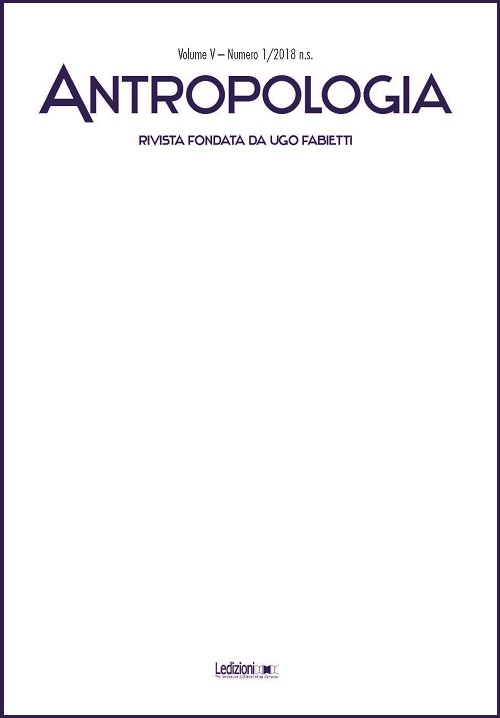When the granary runs out: soil degradation, gender roles, and food security in Mossi households, Burkina Faso
DOI:
https://doi.org/10.14672/ada2018138759-75Keywords:
Soil degradation, Land allocation, Gender roles, Household consumption, Burkina FasoAbstract
In some communities in central-east Burkina Faso, soil degradation has influenced local views concerning the allocations, use practices and possible classifications of fields. As a result, redefinitions of farming systems prioritizing fields for collective use over those intended for individual exploitation have led to a strengthening of the roles of both women and men within the household. While women continue to be seen as producers of cash crops for their own personal benefit (Thorsen and Reenberg 2000), cases reported from my field-site of Taamse show how household shortages of staple crops may rather create breaches within these farming systems and lead to a reassessment of women’s contributions to household food provisioning. The article engages with these competing moral and material aspects of farming by drawing on dissertation research with Mossi households in Kouritenga province carried out in 2016 and 2017.Downloads
Published
2018-03-28
Issue
Section
Special Focus
License
Authors maintain the copyright of their original work and grant the Journal the right to first publication, licensed after 36 months under a Creative Commons Licence – Attribution, which allows others to share the work by indicating the authorship and first publication in this journal.
Authors may agree to other non-exclusive licence agreements for the distribution of versions of their published work (for example in institutional archives or monographs) under the condition that they indicate that their work was first published in this journal.



